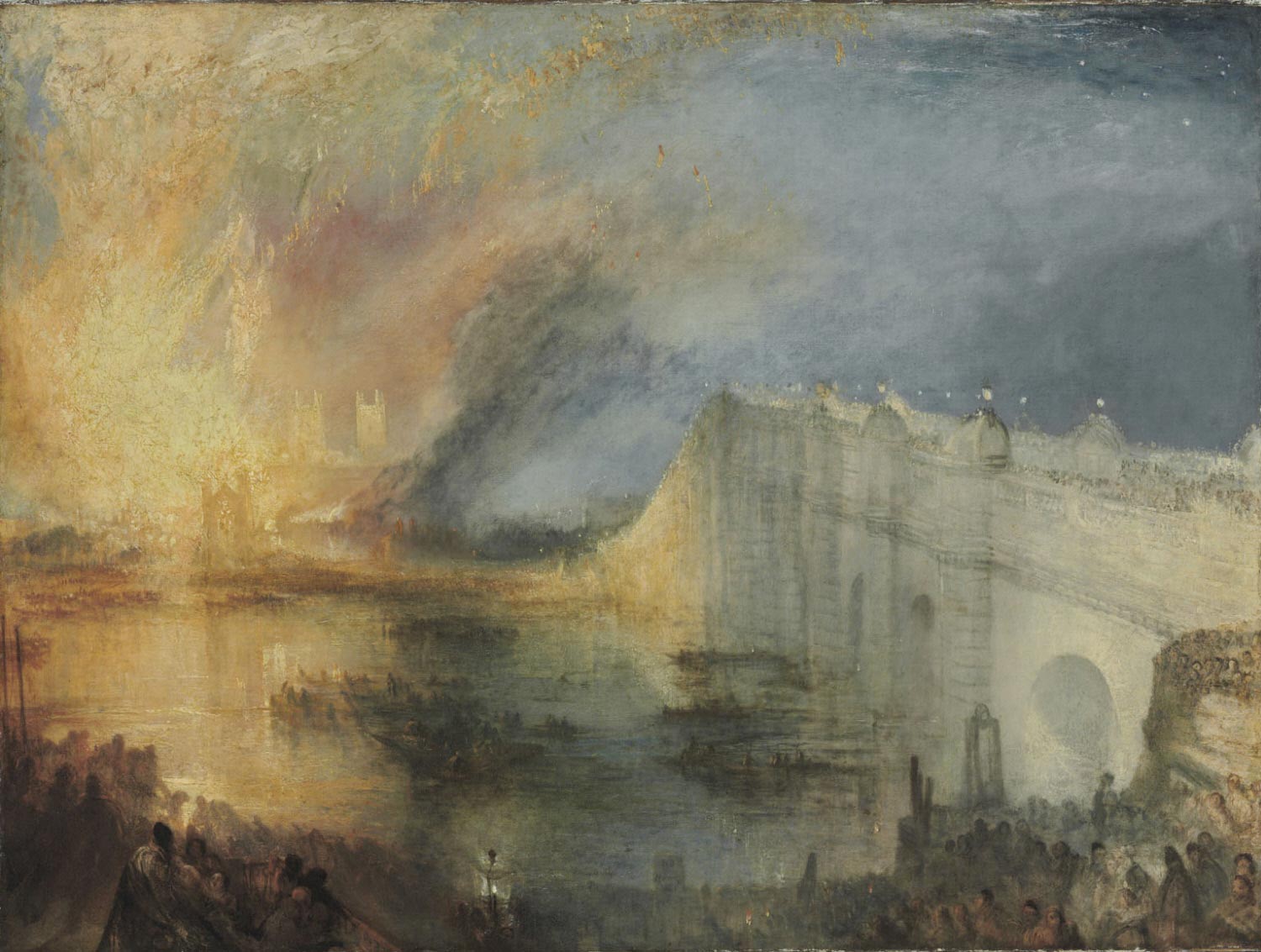Having come through the Anglican Church in Sydney and the EU at Sydney University, Biblical Theology feels like the air that I breath. The impact of Graeme Goldsworthy's books (such as Gospel and Kingdom or According to Plan) has been massive, so that the phrase "God's people, in God's place under God's rule" can rightly be described as well known and widespread in Sydney. And although there are other types of Biblical Theology out there, such as those developed by Vos, Brevard Childs, or even N.T. Wright, it is the three-stage epoch of Don Robinson, further developed by the likes of Goldsworthy, Bill Dumbrell, Barry Webb etc. that holds sway in Sydney.
Put simply, Biblical Theology is concerned with the movement of Scripture's narrative across time from Creation to New Creation, with Christ standing not only at the centre of this narrative, but also the key to understanding the parts and the whole of Scripture. The IVP New Dictionary of Biblical Theology identifies the following features as being distinctive to Biblical Theology:
- Exegesis. At the heart of Biblical Theology is exegesis. Biblical Theology is concerned with a slow, careful reading of the text within its context. At the centre of this exegesis is Jesus, through whom Biblical Theology makes understanding of both the past and the future.
- Pace. Biblical Theology is a slow, methodical meditation on scripture.
- Unity. Biblical Theology is determind to uphold the unity of Scripture when it exegetes a text whilst also being sensitive to the particularities and complexity of the Bible.
- Time. Biblical Theology is concerned about time, such as when things happened, and unfolding progressive self-revelation of God.
- Genre. Related to all of this, Biblical Theology seeks to exegete texts in a way that makes sense of it's literary genre. Biblical Theology seeks appreciate and understand speech/act.
- Narrative. Biblical Theology traces the story, and not just certain themes within the narrative. At the same time Biblical Theology is interested not only how words are used from across the Bible, but also in following the development of themes throughout Scripture.
Most of this summary comes from separate chapters of Brian Rosner and Don Carson, in the IVP New Dictionary of Biblical Theology.
For further reading: Graeme Goldsworthy, Christ-Centred Biblical Theology.








